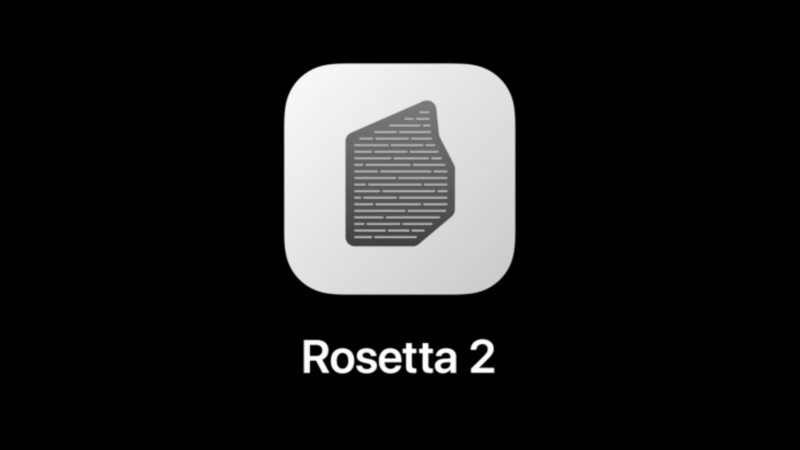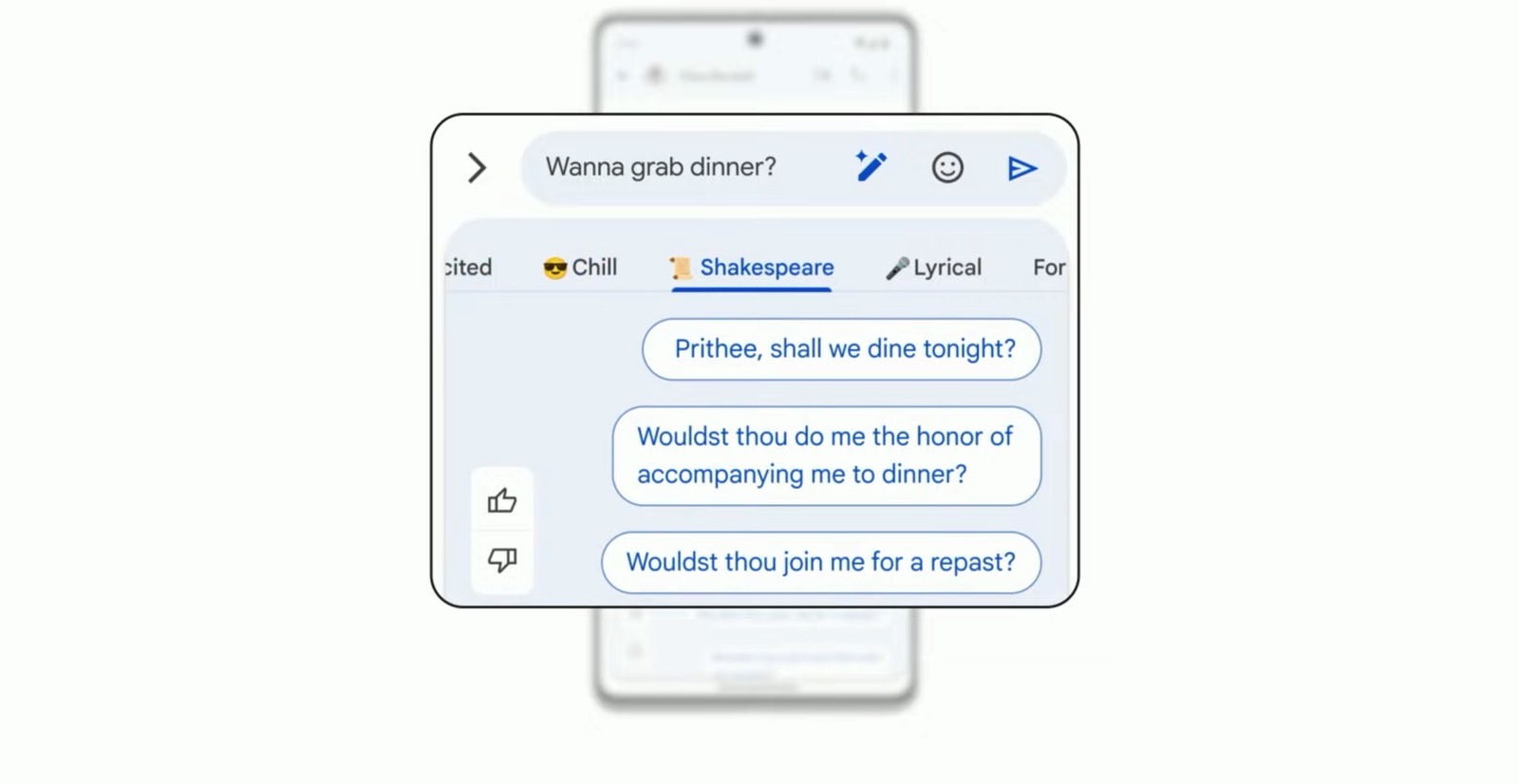
One of the few things that Intel Macs can do that Apple Silicon Macs can't is run operating systems written for Intel or AMD processors inside of virtual machines. Most notably, this has meant that there is currently no legal way to run Windows on an Apple Silicon Mac.
Apple Silicon Macs can, however, run operating systems written for Arm processors inside of virtual machines, including other versions of macOS and Arm-compatible versions of Linux. And those Linux VMs are getting a new feature in macOS Ventura: the ability to run apps written for x86 processors using Rosetta, the same binary translation technology that allows Apple Silicon Macs to run apps written for Intel Macs.
Apple's documentation will walk you through the requirements for using Rosetta within a Linux guest operating system—it requires creating a shared directory that both macOS and Linux can access and running some terminal commands in Linux to get it set up. But once you do those steps, you'll be able to enjoy the wider app compatibility that comes with being able to run x86 code as well as Arm code.
Some developers, including Hector Martin of the Asahi Linux project and Twitter user @never_released, have already found that these steps can also enable Rosetta on non-Apple ARM CPUs as long as they're modern enough to support at least version 8.2 of the Arm instruction set. As Martin points out, this isn't strictly legal because of macOS's licensing restrictions, and there are some relatively minor Apple-specific hardware features needed to unlock Rosetta's full capabilities.
Ventura still doesn't enable the installation of x86 operating systems on Apple Silicon Macs—only running x86 apps within Arm operating systems. This also doesn't change the state of Windows VMs on Apple Silicon Macs, which are caught between Apple's limitations on x86 guest operating systems and Microsoft's refusal (or alleged inability) to sell licenses for the Arm versions of Windows. If the Arm versions of Windows ever can be run on a Mac, they may not need Rosetta, since Microsoft has its own x86-to-Arm translation software, and in some ways, it's more flexible than Rosetta.
Extending Rosetta's functionality this way and offering it to guest operating systems hopefully means that it will stick around for longer than the original Rosetta did. When Apple moved from PowerPC to Intel CPUs, Rosetta was eventually discontinued because consumers didn't really need to run much PowerPC code aside from their Mac apps. Apps written for Intel processors, on the other hand, are going to stick around for the foreseeable future.
Apple will allow Linux VMs to run Intel apps with Rosetta in macOS Ventura - Ars Technica
Read More

No comments:
Post a Comment